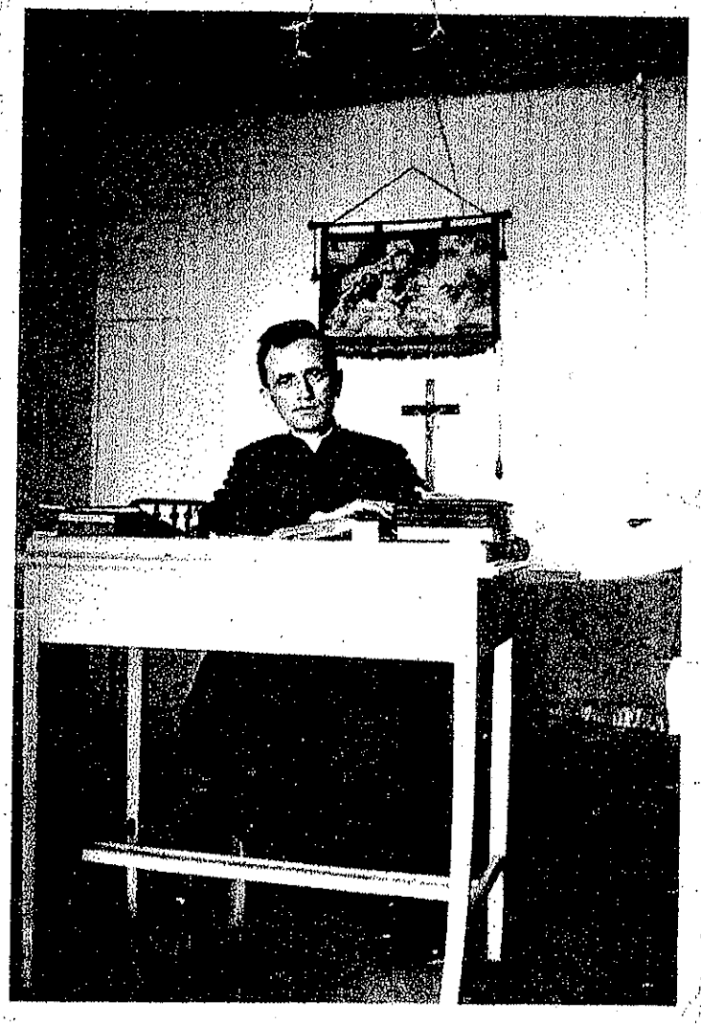This article was sent to us by Hermann Harder, with the support of Ludwig’s daughter, Cornelia Greve. (Translated from the original Autobiographischen Schriften und Briefe (Band 1, Wallstein Verlag, Göttingen 2013) by Ludwig Greve (Berlin 1924-1991) [p142-143])
In this war there were victims who could be mourned, indeed whose wounds the respective party claimed for itself; and others, as we know, who were not allowed to call for help at all, since the security forces themselves would have immediately finished them off. My family was one of these, Jews by origin, hardly more by custom or even by faith. We were no better prepared than other citizens for a life that was, if not heroic, then at least adventurous. After all our renounceable possessions, we had finally had to give up our name; in order to survive, we thought; in truth, we were already denying ourselves before the end intended for us. Since then, we changed places more quickly, and soon even countries; but before falling asleep, one holds on to every somewhat familiar place that just reveals one as any trace of habit; also, travelling in a foreign country, whose language my parents did not speak, and in fear of controls, is very slow; finally, in the last winter we spent together (1943/44), we were on foot.
I cannot describe the winter in the mountains above Cuneo here. I notice from the rush of pictures that my real preparation began there, or what should one call it when everything that happens, even the bad, carries you up until you think you can outrun it? Here, escaping from France, we experienced for the first time the hospitality of Italy, of your peasants and simple people. Here I lost my father, my little sister. Later, when the shoulder wound began to fester, I took her to a small hospital in Demonte, where the nuns nursed her back to health; they didn’t dare operate, because bullet wounds had to be reported to the police questura [headquarters]. Finally, our protector, the town priest of Borgo San Dalmazzo, advised us to go to Lucca. During a visit to Genoa, he had heard about your undertaking in the Archbishop’s Ordinariate. He also took care of the travel money: hardly any of the citizens of the little town were absent from the collection, which was opened one day at the bar of an inn. I remember that the money collected was around 2,000 lire, which was the monthly salary of a worker at that time.
Via Piacenza, Bologna, Pistoia, searching every evening just before curfew for a hotel where my mother could stretch out, rushing back to the station in the dark morning before the inspection came, we reached Lucca in a three day journey. It was the beginning of March. [1944]
Ludwig (Lutz) Greve

